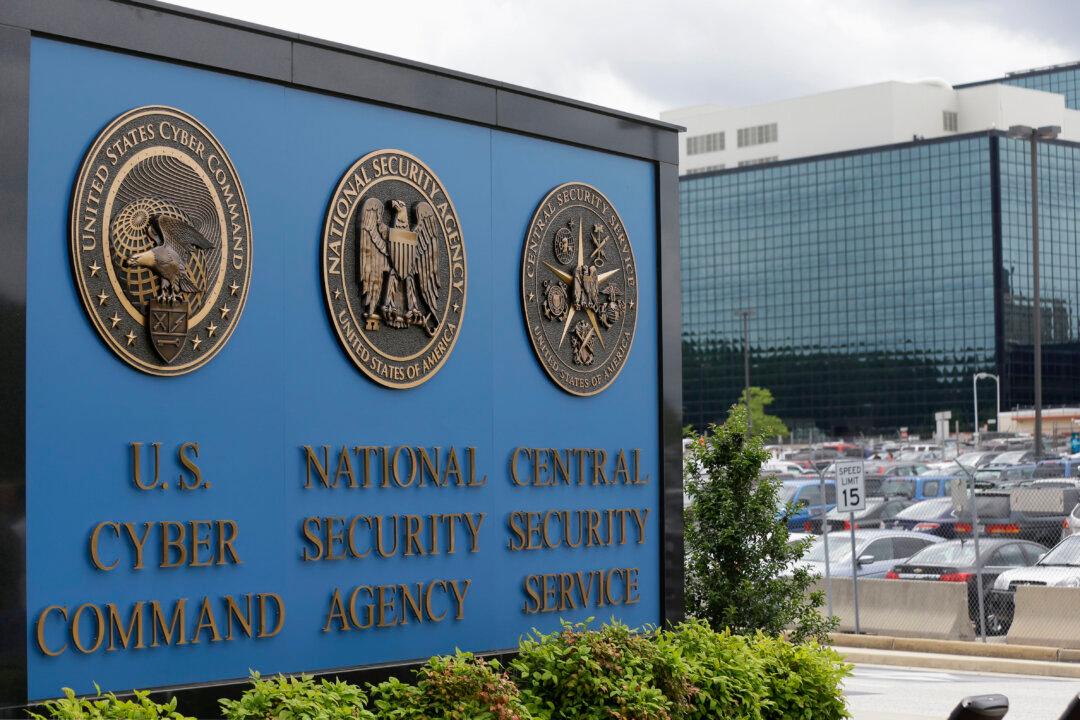The law authorizing warrantless searches of data on U.S. citizens by the federal government has been so consistently abused that it must be either thoroughly revised or allowed to expire this year, surveillance and privacy advocates say.
“A law designed to provide tools to collect foreign intelligence and prevent terrorist attacks has been warped into a domestic spy tool that has been used millions of times over the past three years to target Americans,” Chair Andy Biggs (R-Ariz.) said at a July 14 hearing of the House Judiciary Subcommittee on Crime and Federal Government Surveillance.





